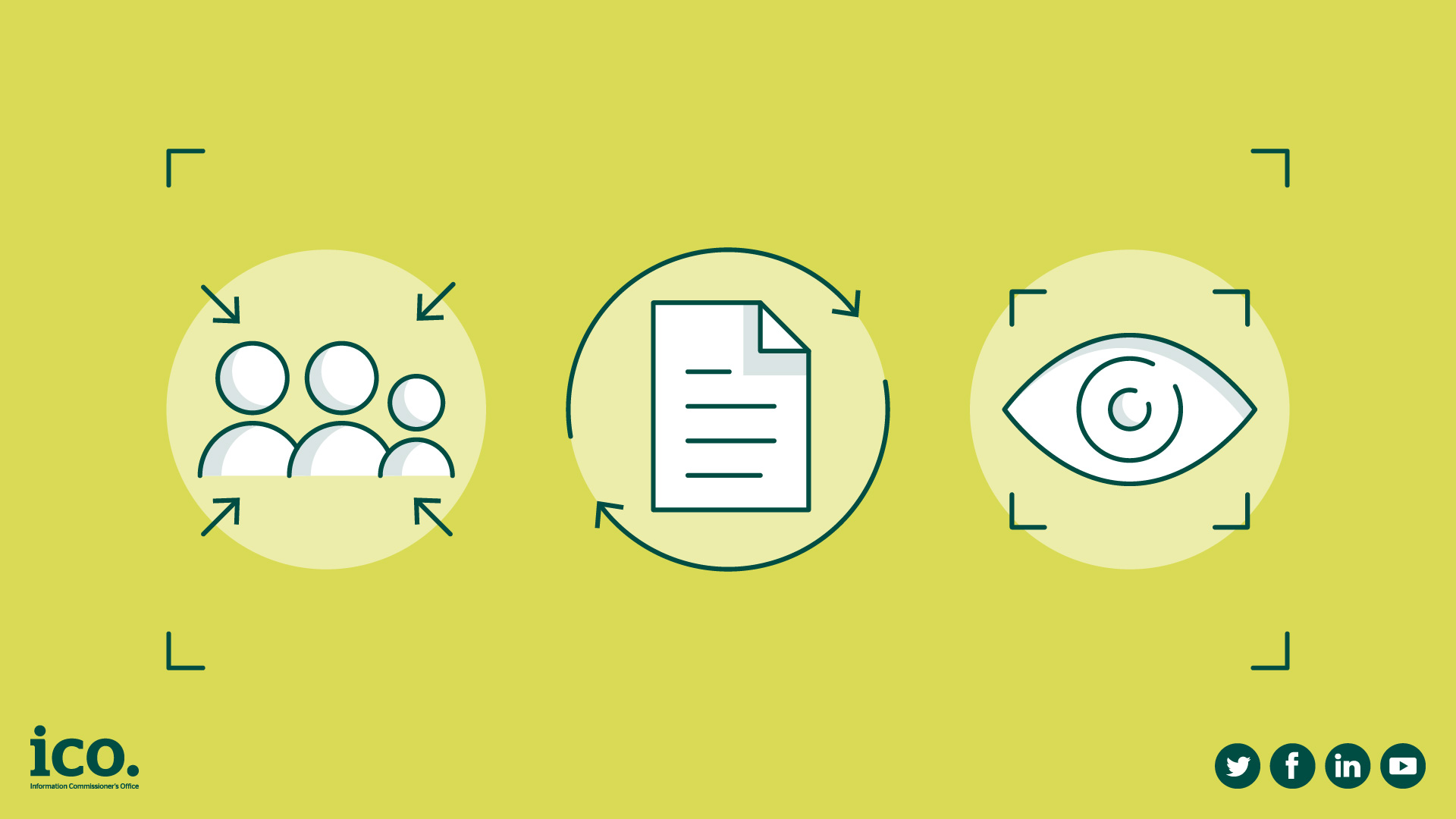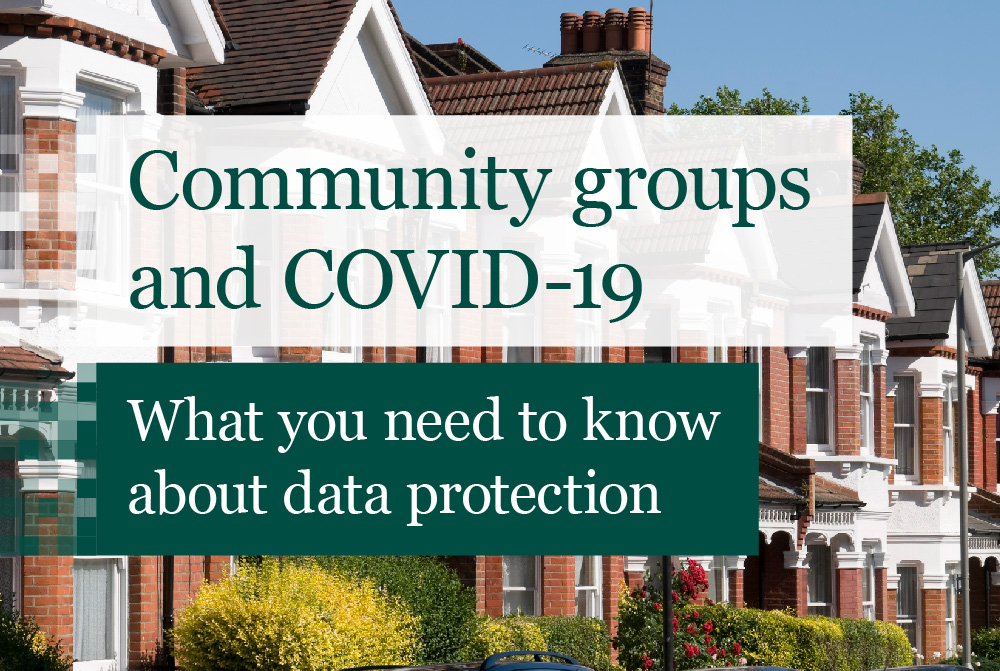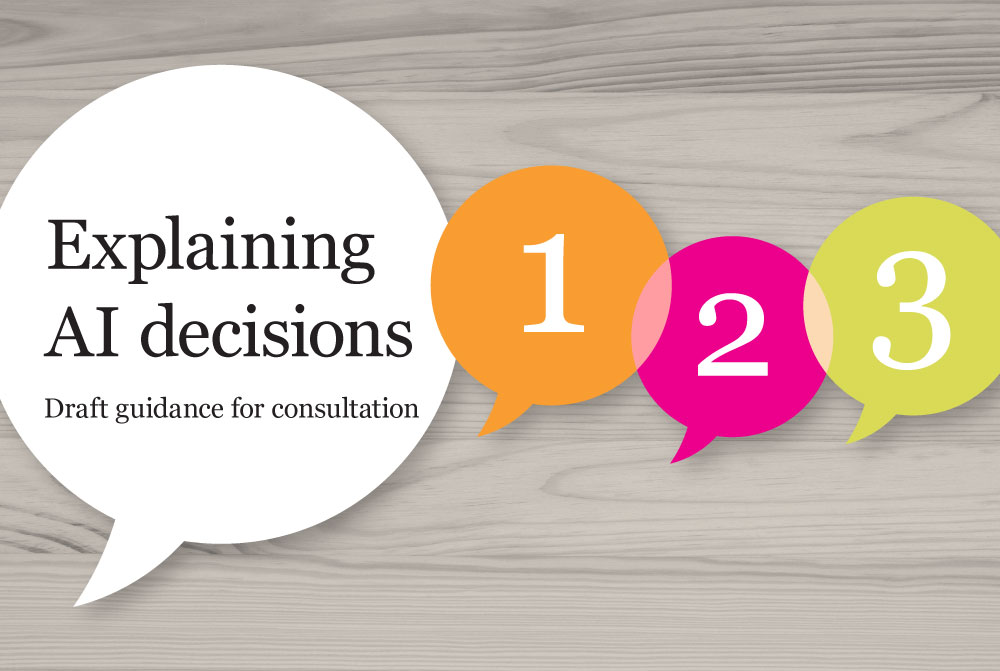Developer Manuel Araoz has played a practical joke online to demonstrate the potential of artificial intelligence bots — by having a bot write an article about itself. According to a July 18 post on Araoz’s blog, AI development company OpenAI released GPT-3, the third generation of its language prediction model capable of creating “random-ish sentences of approximately the same length and grammatical structure as those in a given body of text.” The blog entry provides practical information regarding how the technology could be used to impersonate well-known figures by simulating…
Tag: Blog
Blog: Information Commissioner sets out new priorities for UK data protection during COVID-19 and beyond
5 May 2019 A blog by Elizabeth Denham, Information Commissioner. Last month, as the ICO set out its regulatory approach during the COVID-19 pandemic, I spoke of the importance of regulators applying their authority within the larger social and economic situation. The document we published that day made clear what organisations can expect of us in the coming months. My office’s role is to be both an enabler and a protector. We must reflect the requirements and reality of those we regulate, and engage on how data protection can enable…
Blog: Combatting COVID-19 through data: some considerations for privacy
A blog by Elizabeth Denham, Information Commissioner 17 April 2020 There’s an often quoted line about knowing the past to understand the present. It came to mind this week, as I looked at the work we had been doing on contact tracing and location data in the context of COVID-19. Data protection law emerged in the UK out of a concern that the benefits of new technology could be lost if advances were not embraced by the population. Data protection law was seen as a way to support innovation by…
Blog: Video conferencing: what to watch out for
Ian Hulme, the ICO’s Director of Assurance gives business owners, employers and managers advice about how to safely roll out the latest video conferencing technology The COVID-19 crisis is changing the way we live our lives. Keeping our distance means many of us are working from home for the first time and adapting to new ways of doing our jobs. Thankfully, technology is helping us all stay connected. Video conferencing software and apps are valuable ways of doing business, holding staff meetings and keeping in touch with colleagues. But with…
Blog: Grwipau cymunedol a COVID-19
Blog gan Ian Hulme, Cyfarwyddwr Sicrwydd Rheoleiddiol yr ICO. Wrth i COVID-19 barhau i ysgubo ar draws y Deyrnas Unedig, mae mwy a mwy o bobl yn cael eu sbarduno i helpu’r rhai sy’n fwyaf agored i niwed yn ein cymunedau. Mae grwpiau eglwysig, cymdeithasau cymdogaeth a chymdeithasau trigolion yn cael eu sefydlu i gefnogi gwaith grwpiau cymunedol, gwasanaethau ac elusennau sy’n bodoli eisoes. Yn aml, mae angen i’r grwpiau hyn ymdrin â gwybodaeth bersonol sensitif a’i rhannu gydag eraill. Ac mae hynny’n golygu ystyried y gyfraith ar ddiogelu data. Os…
Blog: Community groups and COVID-19: what you need to know about data protection
A blog by Ian Hulme, Director for Regulatory Assurance at the ICO. As COVID-19 continues to sweep across the UK, more and more people are driven to help the most vulnerable in our communities. Church groups, neighbourhood and residents associations are being set up to support the work of existing community groups, services and charities. Often, these groups need to handle sensitive personal information and share it with others. And that means taking account of data protection law. If you’ve just formed a community group, this may be the first time…
Blog: Don’t get caught out when it comes to pupil photos
A blog by Andrew Laing, ICO Head of Data Protection Complaints We’ve issued two reprimands, which are legal warnings, recently to schools for wrongly disclosing the personal data of children. In the first case a class photograph, sent to a local newspaper by a Cheshire primary school, included the images of two pupils whose adoptive parents had refused consent for their children’s images to be shared. The second reprimand, issued to a Humberside primary school, followed a class photograph being taken and sent home to parents. The photo included the…
Blog: The benefits of sharing personal data – what can we learn from Open Banking?
6 January 2020 The ICO’s Regulators’ Business Innovation Privacy Hub has recently been looking at the key data protection considerations for innovators who are working in the Open Banking space. Whilst the idea of mass data sharing is usually enough to send a shiver down any data protection practitioner’s spine, the rollout of Open Banking demonstrates the clear benefits it can bring both to consumers and organisations, while still complying with data protection law. Open Banking was instigated by the Competition and Markets Authority (CMA), which was keen to increase…
Blog: The Data Protection Fee: does your company need to pay?
Paul Arnold, Deputy Chief Executive Officer/Executive Officer 03 December 2019 We have launched a campaign to contact all registered companies in the UK reminding them of their legal responsibility to pay a data protection fee. The move marks the start of an extensive programme to make sure the Data Protection Fee is paid by all those who need to pay it. Under the Data Protection Act 2018 organisations processing personal information are required to pay a data protection fee unless they are exempt. You can quickly and easily find out…
Blog: ICO and The Alan Turing Institute open consultation on first piece of AI guidance
2 December 2019 A blog aimed at data scientists, app developers, business owners, CEOs or data protection practitioners, whose organisations are using, or thinking about using, artificial intelligence (AI) to support, or to make, decisions about individuals, by Simon McDougall, Executive Director Technology and Innovation What do we really understand about how decisions are made about us using artificial intelligence (AI)? The potential for AI is huge, but its implementation is often complex, which makes it difficult for people to understand how it works. And when people don’t understand a…









